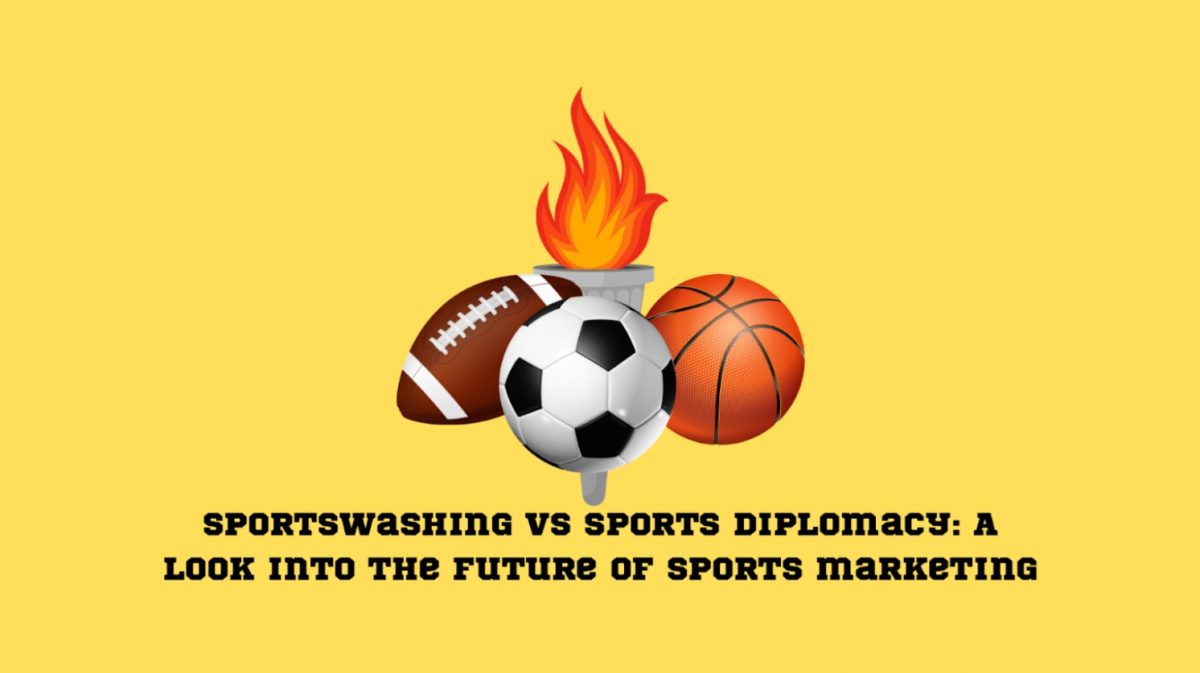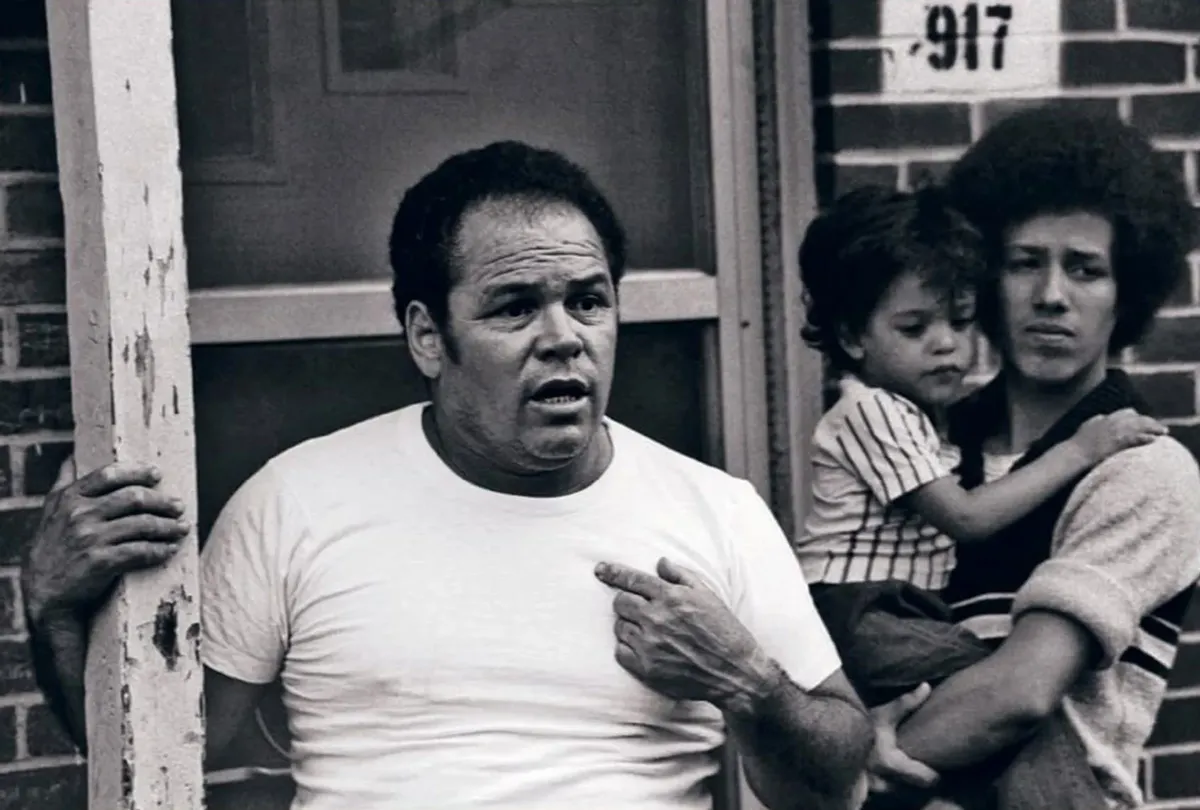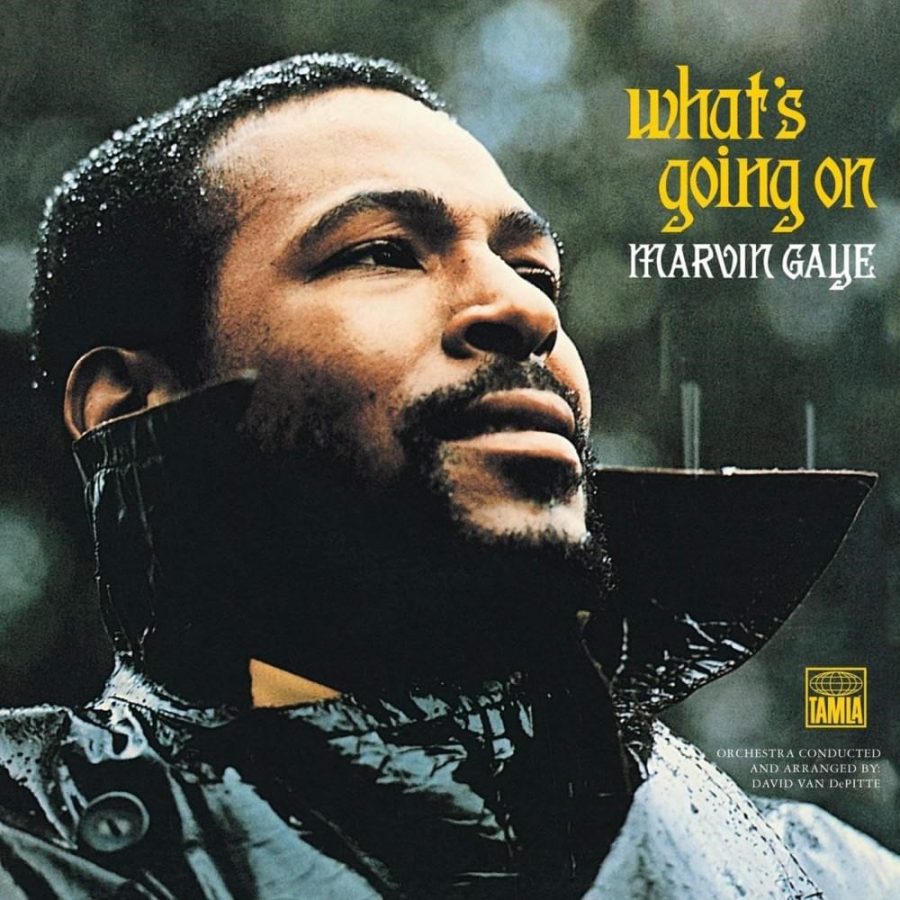Since the Olympics in ancient Greece, sports have long brought people together, connecting people of all socioeconomic groups and uniting them behind their favorite team. In the modern day, sports are valuable marketing tools and are used to promote a whole host of different brands from sneakers to soft drinks. While seemingly innocent in nature, sports marketing can also be used to further political agendas, including for sinister purposes in what is known as sportswashing.
Sportswashing is when governments use sports as a distraction from human rights abuses or other political shortcomings. Sportswashing is a major tool in the political playbook of authoritarian regimes, allowing nations and political parties to be positively associated with popular sports instead of their own negative governmental actions. This technique is not always successful for the regime. In some cases, the increased attention of hosting/promoting sporting events can result in negative publicity about the sportswashing government’s political track record. For example, one major example of sportswashing in recent history was the Qatar World Cup. Many experts contend the Qatar World Cup was a failure because it led to increased international scrutiny of Qatar’s policies. In particular, Qatar’s human rights abuses included dangerous conditions in the building of infrastructure for the tournament by migrant workers, causing a backlash from increased public awareness due to social media, as well as athletes and human rights groups speaking out against oppressive regimes. Another example of how sportswashing prompted activism at the World Cup were the Iranian national team’s protests, where they chose not to sing the Iranian national anthem in protest of human rights abuses against women in their country.
Sports are also tied to another political tool: sports diplomacy. Sports diplomacy is in some ways the opposite of sportswashing as it involves the use of sports and competition as a way to bring nations together peacefully while sportswashing is used to foster nationalism. Just as sports bring people together behind a team or league, it can also foster international cooperation and multilateralism. In many cases, the distinction between sportswashing and sports diplomacy may be somewhat unclear. Examples of sports diplomacy such as the World Cup, the NFL’s games in Europe and South America, and the NBA’s expansion efforts into China can also be viewed as negative examples of sportswashing. These examples have the potential to be viewed in a negative light because they involve engagement with controversial governments. While the legitimacy of sports diplomacy has been disputed by some experts, this relatively new concept has not been extensively researched and should be further analyzed.
There is no denying the immense influence of sports in marketing. Sports greatly influence people’s views, making them attractive for use by many governments and organizations to further their political interests. The political use of sports can manifest both positively through sports diplomacy and negatively through sportswashing. As we look towards the inevitable future use of sports marketing in political arenas, the only real question is whether it will be used for good or for evil.









